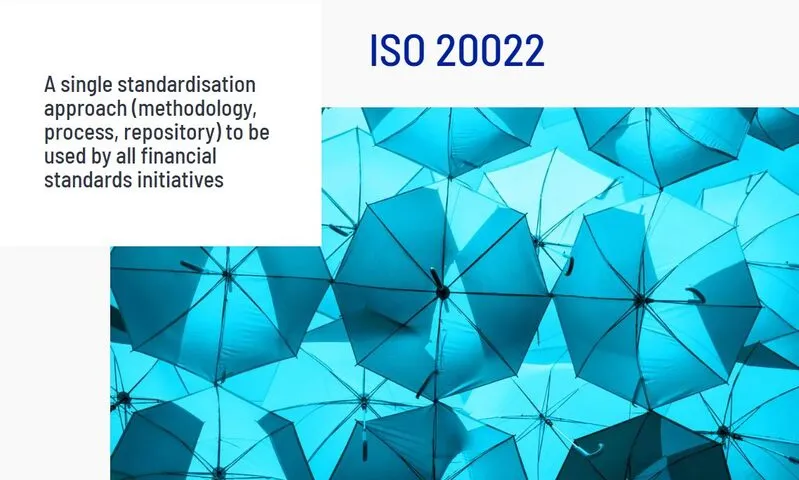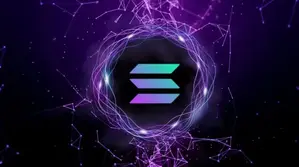Fedwire ISO 20022 implementation officially launches July 14, 2025, as confirmed by the Federal Reserve Financial Services. This ISO 20022 payment standard upgrade transforms the Fedwire system update, enhancing cross-border payment efficiency and also accelerating crypto market adoption for compliant digital assets. Right now, investors are closely monitoring which cryptocurrencies will benefit most from this major transition.
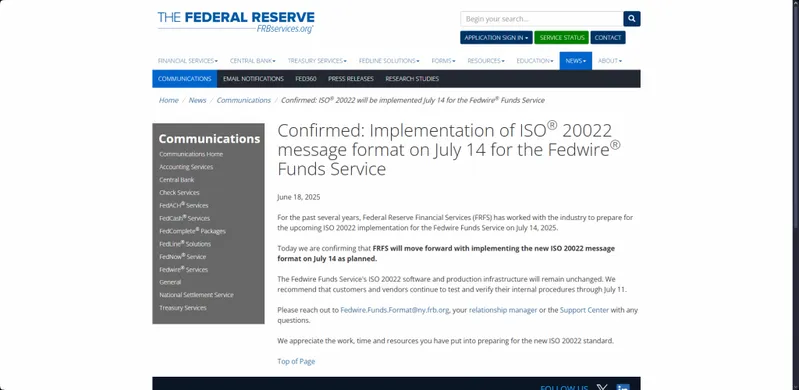
Also Read: US FHFA Chair Calls for Congress to Investigate Fed Chair Powell
Fedwire ISO 20022 Launch Boosts Payment Efficiency and Crypto Market Adoption
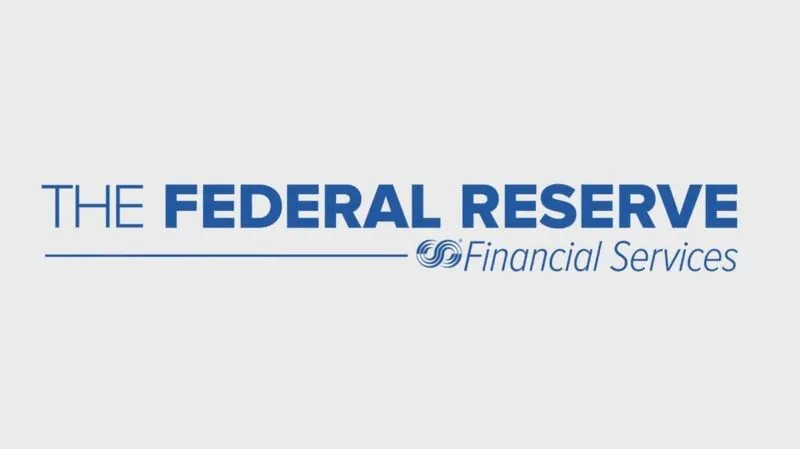
The Federal Reserve Financial Services confirmed the Fedwire ISO 20022 implementation timeline after extensive preparation and industry collaboration. This ISO 20022 payment standard represents a major shift in payment messaging, and it’s directly impacting crypto market adoption rates at the time of writing.
FRFS stated:
“FRFS will move forward with implementing the new ISO 20022 message format on July 14 as planned.”
The Fedwire system update brings enhanced data capabilities and also improved cross-border payment efficiency across the board. Financial institutions continue testing through July 11 for seamless integration, and they’re working diligently to ensure smooth transitions for all participants.
#ISO20022 for the Fedwire® Funds Service will be implemented on July 14: https://t.co/rqXOxmrmqj #payments #financialservices #banking #Fedwire pic.twitter.com/ICi1Jle7PS
— Federal Reserve Financial Services (@FRBservices) July 2, 2025
Top 5 Cryptocurrencies for Fedwire ISO 20022 Implementation
1. Ripple’s XRP
Green light 🚦
— 𝓐𝓶𝓮𝓵𝓲𝓮 (@_Crypto_Barbie) July 2, 2025
XRP leads the pack with cross-border payment efficiency features built specifically for financial institutions seeking faster and more reliable international transfers.

The digital asset maintains regulatory compliance focus while also providing advanced liquidity solutions for banks worldwide.
2. Stellar (XLM)
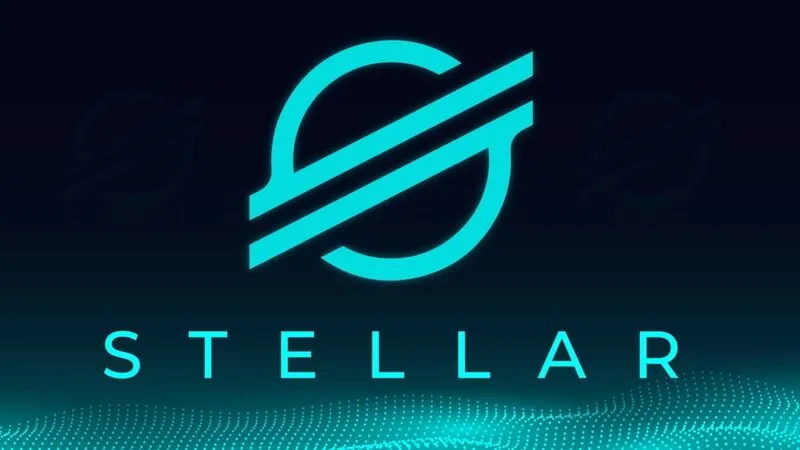
XLM offers institutional-grade solutions for global transfers and also connects different financial systems worldwide seamlessly.

Stellar’s platform facilitates low-cost international payments and has established partnerships with various financial institutions across multiple continents.
3. Hedera Hashgraph (HBAR)
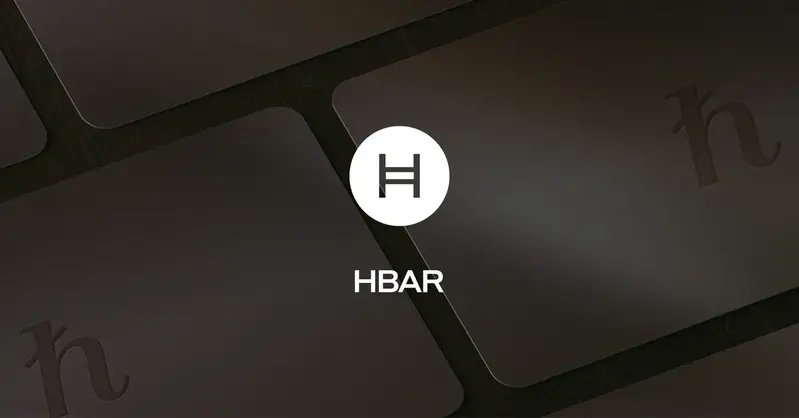
HBAR provides enterprise-level blockchain technology aligned with ISO 20022 payment standard requirements and regulatory frameworks.

Hedera’s Hashgraph consensus offers high throughput capabilities and also energy-efficient processing specifically designed for institutional use cases.
4. Quant (QNT)
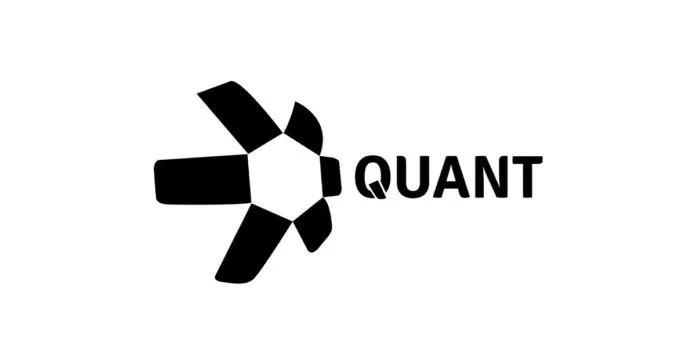
QNT enables comprehensive interoperability between traditional financial systems and also blockchain networks through its innovative Overledger technology.

Quant’s extensive network connectivity positions it particularly well for the upcoming Fedwire ISO 20022 implementation transition period.
5. Algorand (ALGO)
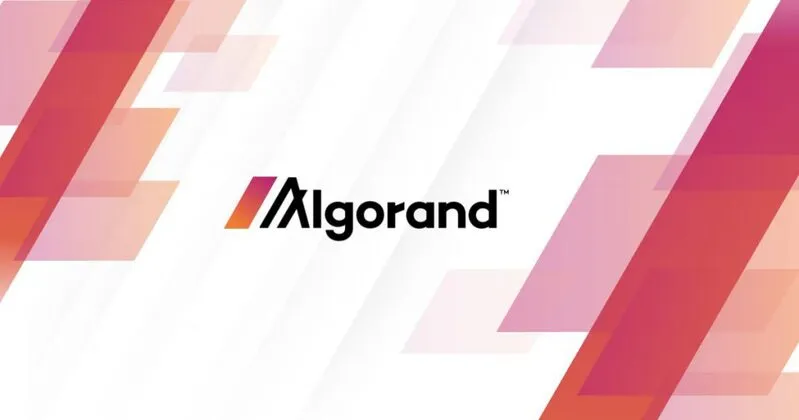
ALGO focuses on regulatory compliance with scalable institutional blockchain applications and enterprise solutions.

Algorand’s pure proof-of-stake consensus provides fast transaction processing with minimal energy consumption, and it’s specifically designed for enterprise-level implementations.
FRFS also noted:
“The Fedwire Funds Service’s ISO 20022 software and production infrastructure will remain unchanged.”
This operational stability during the Fedwire ISO 20022 implementation provides much-needed confidence for institutions integrating cryptocurrency solutions into their systems. The ISO 20022 payment standard creates significant opportunities for compliant digital assets, and crypto market adoption accelerates rapidly as cross-border payment efficiency becomes the new industry standard right now.
Also Read: XRP Targets $10 as Fed Greenlights Banks, ECB Tests XRPL, Update 2.5.0 Live
